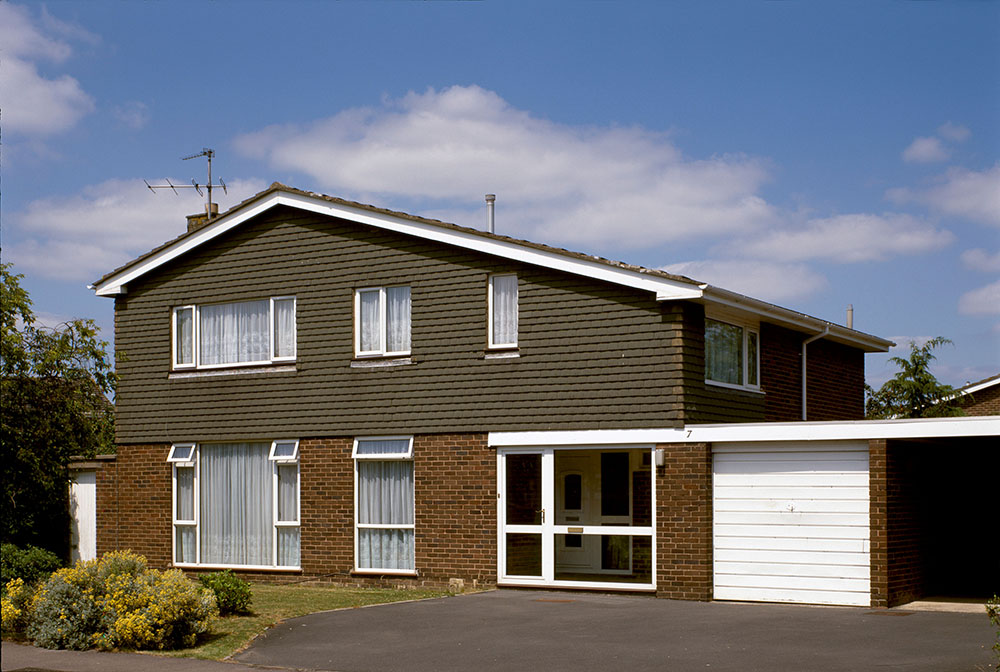
Developing an effective long-term plan to save energy and improve the thermal performance of our buildings has been poorly addressed by Government. The energy crisis has compounded the issue and there is currently no end to this crisis in sight.
It is a well-documented fact that our existing housing stock is among the oldest in Europe. Eighty percent of UK homes are 80 years old, 30% of the energy used is wasted and the UK’s housing stock loses up to three times more energy than our European neighbours. According to the Climate Change Committee, 20 million homes need some form of retrofit energy improvement, with a high percentage requiring internal or external wall insulation.
The Government appears to be standing by its ambitious net zero targets by 2050, which is only 27 years away; and to achieve its 78% emissions reduction target by 2035, only 12 years away! But 80% of the buildings currently in the UK will still be in place in 2050 and their energy performance will need to be radically improved. Centre Right Think Tank suggests we will have to retrofit two houses a minute for 13 years to hit the UK’s emissions targets.
The tightening of Part L is good news, but it’s only one part of the solution, and new homes being built today to current regulations will still need further improvement to meet net zero standards. Fundamentally, the Government’s bold targets will not be met unless energy efficiency is prioritised in all parts of the housing stock and all other buildings too.
The cheapest energy is what we don’t use. Insulating homes and improving the thermal efficiency of buildings is the most cost-effective way to saving energy and reducing fuel bills.
To address the energy crisis effectively and meet the targets for net zero buildings requires a long-term retrofit scheme - and one that develops into a national infrastructure project with cross party support to ensure longevity and delivery. A new scheme will need to:
Ultimately an effective retrofit scheme will enable all properties over time to move up the EPC banding table and benefit from better thermal performance and money savings on fuel bills. The benefits are also, of course, to our climate and to the country’s energy security.
Encon Insulation is a leading distributor of roof, wall and floor insulation, supplying an extensive range of thermal performance solutions from market leading brands. To discuss the best solutions for your next building project, contact our expert team.